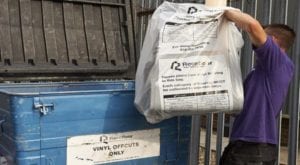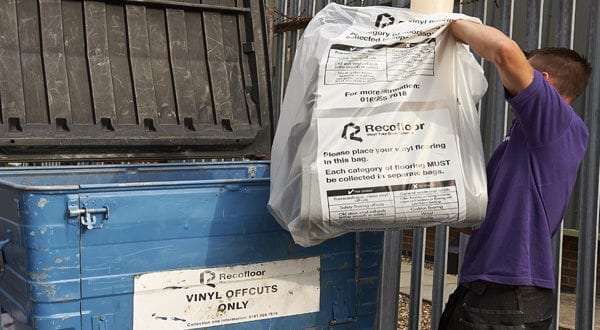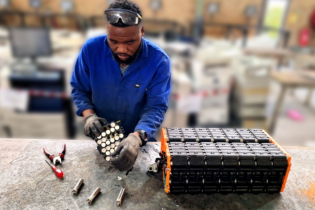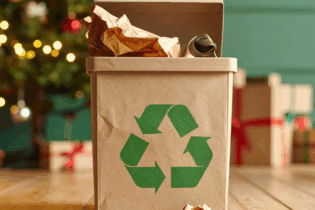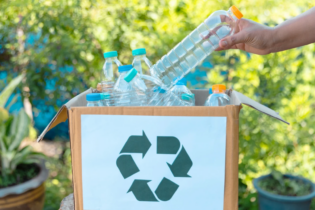“Good quality, clean materials that are void of any glues or substances can now be used to create new products with a useful service life instead of ending up in landfill or polluting the atmosphere,” she added.
SAVA CEO Delanie Bezuidenhout explained that PVC manufacturers and consumers are increasingly aiming for sustainable use of the product through all stages of its life cycle. “The promulgation of the National Environmental Management Waste Act has placed great emphasis on recycling and the reduction of materials to landfill,” she said. Because of this, she said it prompted SAVA and its members to create and participate in many community, industry and government programmes which are designed to ensure appropriate management of PVC products at the end-of-life. She added that this recycling initiative not only helps to increase awareness about PVC recycling, but “also but also delivers tangible and impressive results in a very short time frame when it comes to collecting and recycling end-of-life PVC”. Coleman said going forward, the aim of the initiative will be to increase the company’s recycling rate by 100% % by the end of 2017. She said this would have a significant impact on SAVA’s aim to increase the recycling of post-consumer PVC-P to 15,000 mt per annum, and the recycling of post-consumer PVC-U to 10,000 mt per annum.
A fairly new initiative launched at the end of last year has boosted vinyl floor recycling in South Africa. This is a step in the right direction for the PVC industry as it moves towards reaching its sustainability goals that were set out in the Southern African Vinyls Association (SAVA) Product Stewardship Commitment.
Through the recycling initiative, which was started by Polyflor SA, more than four tonnes of vinyl floor offcuts have already been recycled.
Tandy Coleman, CEO of Polyflor SA, said the idea for the initiative came to light during the installation of vinyl floors for clients.
“Diverting these off-cuts from landfill and sending them off to recyclers for use in the manufacture of rigid and flexible products such as pipes, cables, shoe soles and car mats is of great environmental significance,” Coleman said.


